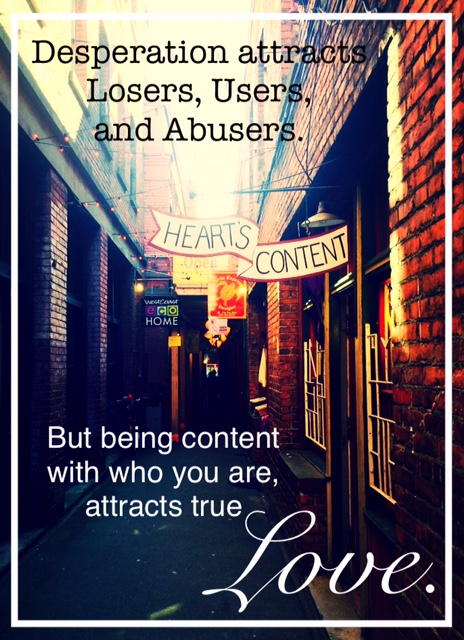Does he have an anger problem?
Anger can be a confusing emotion to understand. Does he really mean the things he says and does when he’s angry? How do you know when his anger is justifiable or becoming a problem?

Anger is a normal response to frustration, stress, disappointment or hurt. Anger is necessary to our human experience- it alerts us to injustice and motivates us to take action. Anger is useful in protecting others and self when in danger. But unchecked anger can be the root cause of chaos, mayhem, road rage, domestic violence, child abuse, and mass genocides. Anger is such a powerful emotion, it is worth the time to understand it’s role in the lives of the men we love.
- Anger is Secondary. It’s important to understand anger as a secondary emotion, instead of primary. Anger may feel and look like primary feeling, but it’s not. Anger is always secondary, and is caused by hurt first. We become angry when we sense a betrayal or put-down or dismissal. Different things can trigger anger for different people, however the stimulus felt is always a perceived hurt.
- Anger is a response to overwhelming feelings of pain and threat. All people experience overwhelming feelings from time to time, but it is how we behave with our anger that really counts. The kind of anger that intimidates, threatens, violates, insults and manipulates is never justified or ok. Figuring out how to recognize and manage anger in a healthy way is always the goal.
- Often women who love angry men make excuses for their partner’s anger. They say, “Well, he’s under a lot of stress at work,” or “That’s the way he was raised,” or “It’s just part of his personality.” Women sometimes feel so afraid of their partner’s angry outbursts, they do anything to avoid upsetting him. This leads to feelings of helplessness and hopelessness.
In my 15 years counseling couples and individuals, I have found that there are two types of men with anger issues: one type that experiences shame and regret over his angry outbursts, and one that doesn’t. Both types of men can be abusive with their anger, but only one will care enough to do something about it.
The Repentant Type
The man who regrets his angry outbursts will not only apologize for the things he has said or done, but will also take consistent action to change. Repentance is a humble acknowledgement and deep sorrow of the hurt that was caused and a total change of heart. Evidence of this change is consistently seen by behavior changes. This often occurs through some sort of intervention, like confessing to other supportive people, seeking counseling or psychiatric treatment (not as scary as it sounds, btw), etc. The turn-around is measurable and sustainable. This type usually has something else going on underneath like unresolved grief, PTSD, or many other things that I’ll address in the next blog called, What’s Really Underneath His Anger.
The Non-Repentant Type
The man who uses his anger as a weapon of control, however is unlikely to feel truly sorry about his anger or the pain it causes. He may be unwilling to empathize with the hurt others feel, or even acknowledge he is responsible for it. The Non-Repentant Type may say that he is sorry, but he uses this apology to buy time or manipulate others to get what he wants. His behavior doesn’t show consistent markers for humility, responsibility, mood modification or desire for change.

So what can be done? If you are a woman who loves a man with an anger problem, you may be asking if you can do anything to change things. Yes, you can. The first step is getting the help you need to be safe and you can click here for info. The second is getting the help you need to set appropriate boundaries, and you can click here for info.
If the man you love has anger issues, you may feel scared- like you’re walking around on egg shells hoping you don’t say or do something to upset him. This is no way to live. The truth is, that he will feel much better once he addresses his anger issues, and you will feel much better too. Anger doesn’t have to rule your household. You can have peace again.
What if he is unwilling to get help? This may be where you are at right now. You know that if you were to ask him to get help for his anger problems, he will become upset, defensive, blaming or worse… threatening. If this is you, I can understand why you have delayed in setting boundaries with him. However, things will never get better unless you get the help that you need and stop living in fear.
Nest week, I’ll be covering the problems that masquerade as anger, giving you a better understanding of what is really going on down inside the people you love.














